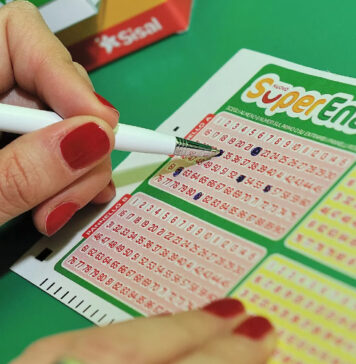Yesterday, in the European Union Policy Committee at Palazzo Madama, the senator Scuria (FdI), rapporteur, introduced the examination of the bill "Regulation of videogame competitions" - signed by Marti (Lega) and others -, aimed at "regulating videogame competitions, in consideration of the fact that technological innovation and the ever-increasing connectivity to the Internet has led to a very wide diffusion of video games in recent decades, which are no longer limited to being used individually, but with the organization of real national and sometimes international competitions. The need for regulation therefore arises from the vast panorama of actors operating in this sector (content publishers, tournament organizers, players, spectators), from the need to guarantee them adequate protection, as well as from the fact that in our country there is no still a legal regulation on the matter. The bill consists of 13 articles. Article 1 identifies the object and purpose of the bill, establishing that the Republic promotes and supports video games as a means of artistic expression, cultural education and social communication, in implementation of articles 2, 9, 33 and 41 of the Constitution, of the principles established by article 167 of the Treaty on the functioning of the European Union, as well as by the Convention on the protection and promotion of the diversity of cultural expressions, ratified by Italy pursuant to law 19 February 2007, n. 19. Article 2 contains the definitions that are relevant to the provision, starting with those of video game (understood as a complex intellectual work endowed with creativity and protectable), of video game publishers, as well as of professional and amateur player. Article 3 establishes the types of video game competitions, distinguishing between those that take place: in person, remotely, in Italy and transnational ones. Article 4 aims to safeguard minors. In detail, it prohibits participation in video game competitions for minors under 12 years of age, while it provides that minors under 14 years of age can only participate in competitions that do not provide cash prizes or other benefits and in any case with the prior authorization of their parents or of those exercising parental authority. parental. In accordance with Regulation (EU) 2016/679 (mistakenly referred to as "Regulation (EC) No. 679/2016 »), the organizer of a videogame competition is required to keep a copy, preferably in dematerialized form, of the aforementioned authorization for one year. As for minors who have reached the age of 14 or 16, they can participate in video game competitions which provide cash prizes or other benefits for a maximum value, respectively, of 2.500 euros and 5.000 euros, always subject to the authorization of their parents or parental authority. Article 5 obliges subjects who intend to organize videogame competitions in Italy, even if connected to each other, in person or remotely, which involve the payment of prizes worth more than 2.500 euros, the obligation to register, for a three-year period, at the telematic platform made available by the Ministry of Culture. Article 6 establishes that the organizers of video game competitions, which involve the payment of prizes worth more than 2.500 euros, are required to communicate the organization of the competition with a specific declaration, to be deposited on the aforementioned electronic platform of the Ministry of culture. Article 7 provides that in the case of video game competitions that involve a prize paid in cash or in the form of other benefits, the regulations regarding withholding tax on prizes and winnings with a rate of 20 percent apply. Article 8 regulates the working classification of players and videogame operators, providing for forms of subordinate, para-subordinate, self-employed or occasional employment contracts. Article 9 establishes that the provisions of Articles 4, 5, 6, 7, 8, 10 and 12 do not apply to remote transnational video game competitions. Article 10 provides that in video game competitions only betting on the victory of the participants is permitted and that players who have participated in at least two video game competitions cannot bet, not even through third parties. Article 11 provides that video game competitions are included among the cultural and sporting events for which it is possible to obtain a temporary visa for entry into Italy and the Schengen area for the purpose of participating in sporting or cultural events, for a stay of a maximum duration of ninety days every one hundred and eighty days. Article 12 provides for sanctions for failure to comply with the rules introduced by this bill.
The senator Rojc (PD-IDP) expressed "strong doubts about the provisions of the provision in question, with particular reference to the attribution to the Republic of the task of promoting and supporting video games as a means of artistic expression and cultural education". Equal doubts were expressed with reference to the "expected work classification of players and workers, the majority of whom are minors". Rojc therefore asked for the possibility of "carrying out an in-depth study on the bill".
The President Terzi di Sant'Agata (FdI) agreed with the request, recalling however that "the Commission's task is limited to assessing compatibility with the European Union legal system".











